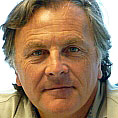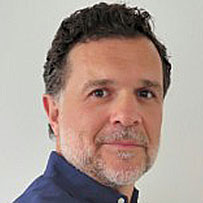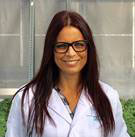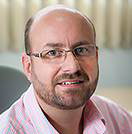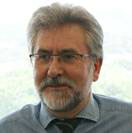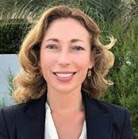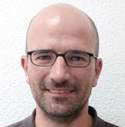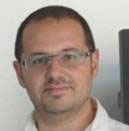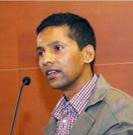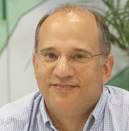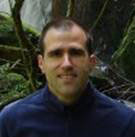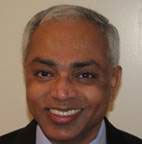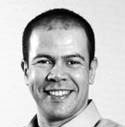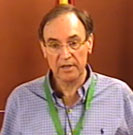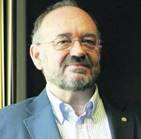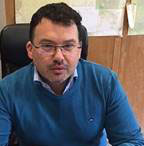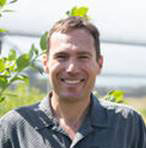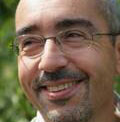Are you a plant health professional? Make an impact by collaborating with the PlantHealth Joint Master Degree and get a unique opportunity to meet our students and share knowledge and best practices.
The Erasmus Mundus Master Degree in Plant Health in Sustainable Cropping Systems (PlantHealth) offers an exciting opportunity for leading academics and experts worldwide to contribute as visiting scholars or guest lecturers. This programme, supported by EU funding, invites experts to share their knowledge through seminars, workshops, field trips, or by contributing to the teaching of courses in one of the universities participating in our programme.
The participating universities are:
- Universitat Politècnica de València (Spain)
- University of Göttingen (Germany)
- Università di Padova (Italy)
- L'Institut Agro and AgroParisTech (France)
The Erasmus Mundus funding covers travel and accommodation expenses as well as an honorarium for the invited scholar. The invited guest lecturers will be involved in teaching activities aligned with their expertise, contributing significantly to the academic development of the students in the PlantHealth programme.
This collaboration fosters a global exchange of knowledge, strengthening the programme's impact on sustainable agriculture and plant health.
Eligibility criteria
The PlantHealth Erasmus Mundus Master Degree invites scholars and experts from across the globe to contribute to its academic offerings. To ensure high-quality teaching and a valuable learning experience for our students, the following eligibility criteria apply:
- Language Requirements: A strong command of English is essential, as it is the primary language of instruction in the programme.
- Preferred skills and expertise: The programme welcome applications from both academics (professors and researchers from higher education institutions or research centers) and professionals from the private sector. The ability to deliver high-level teaching is required, whether in academia or industry.
Ineligibility Criteria: Scholars already receiving payment from another EU funding scheme (including other Erasmus+ actions) are not eligible to participate in this programme.
Equal Opportunity: The consortium is committed to providing equal opportunities. Scholars from developing countries and individuals with special needs are particularly encouraged to apply.
Financial support
Scholars selected by the PlantHealth Consortium will receive financial support as outlined in the following table:
| Contribution to Travel costs | Contribution to Accommodation costs | Honorarium: Daily allowance (per working day) |
|---|---|---|
| Up to €600 for participants from Programme Countries (EU Member States, Iceland, Liechtenstein, Norway, North Macedonia, and Turkey) and up to €1,500 for participants from Partner Countries | A maximum of €120 per day | €100 per day of work |
Selected Scholars may also have access to the facilities of the host universities (e.g., library, computer lab, etc.).
How to apply
- Submit Proposal: Interested applicants should send their proposals to planthealth@upv.es
- Evaluation: The PlantHealth Board will evaluate all submissions, and selected applicants will be contacted.
- Agreement: Following the evaluation, successful applicants will discuss and finalise the logistical and financial aspects of their stay.
Please note that the PlantHealth Board may suggest modifications to the course content if your proposal is accepted.
Role and Responsibilities of Invited Scholars
The invited scholars are expected to:
- Actively participate in the PlantHealth Master’s course activities.
- Teach or guide students in their field of expertise through seminars, short courses, student research, master’s thesis supervision, and more.
- Contribute to the overall academic development by leading and participating in workshops and offering student-centred teaching approaches.
- Support the promotion of the Erasmus Mundus Programme and PlantHealth in their home institutions and countries after their visit.

